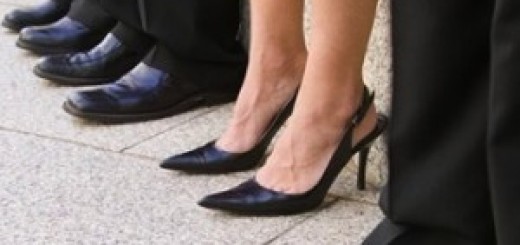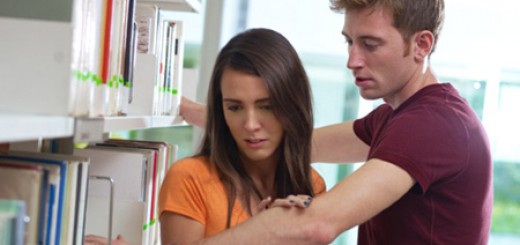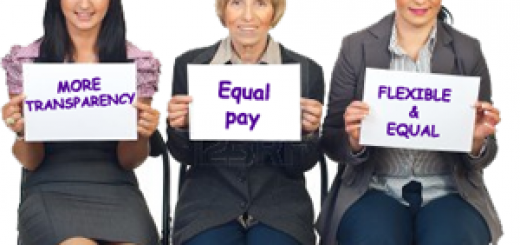What gives males the ‘right’ to treat women & girls as lesser beings?
It is deeply concerning to read the latest report from the Crown Prosecution Service (CPS) Violence Against Women and Girls (VAWG). This coming so soon after the reports on the gender pay gap, maternity issues, where women are regular made redundant or sidelined as a result of pregnancy and the report on young women’s aspirations, published by the Girlguiding movement. This happens in all areas of work, even those that encourage and support diversity. The Blogging Criminologist published a post on 4th September titled, ‘Does Gender Matter?’ This focused on her career as a criminologist and how it has been affected by having children. Do not forget the torrent of abuse faced by those involved with developing the Nottinghamshire Police policy on Misogyny being treated as a ‘Hate Crime’, for example Melanie Jeffs (@meljeffs).
What gives males the ‘right’ to treat women and girls as lesser beings? The United Nations (UN) (2009) in ’15 Years of the United Nations special Rapporteur on Violence Against Women, its Causes and Consequences’ focused on four main areas; 1. Domestic Violence, 2. Trafficking & Migration, 3. Armed Conflict and 4. Reproductive Rights, HIV/AIDS and violence against women. The conclusion was short and stark, ‘The unfortunate fact remains that, for the most part, VAW continues to be perpetrated with impunity, access to justice is ridden with obstacles, and accountability remains elusive within the domestic realm.’ I think the word ‘unfortunate’ is hardly appropriate, but that is the nature of politics within organisations. This report referred back to an earlier UN General Assembly meeting in December 1993, 48/104. Declaration on the Elimination of Violence against Women . In the Declaration came the following quote; ‘Recognizing that violence against women is a manifestation of historically unequal power relations between men and women, which have led to domination over and discrimination against women by men and to the prevention of the full advancement of women, and that violence against women is one of the crucial social mechanisms by which women are forced into a subordinate position compared with men.’
Looking at these reports and the Declaration, it is easy to think that all this is linked to some African and Middle Eastern countries and the atrocities carried out on women and girls through war and terrorism, or under the excuse of culture e.g. Female Genital Mutilation (FGM), or so called ‘Honour Killings’. Most people would not recognise England and Wales, or indeed the UK as a whole, as a nation that oppressed women and girls in that way. People should think again, one only has to read articles on sex slavery and abuse of teenage girls. I remember a number of years ago I attended a joint agency Diversity seminar, where someone from an African background tried to justify FGM. It was left to me to robustly argue against the ‘tradition’. No-one else was keen to put their head above the parapet and possibly cause offence to the individual. Luckily, times have changed on this matter.
What is causing this rise in violence towards women and girls? Clearly, the UN has looked at this in depth. As women become more equal in the world and their role in society changes, it begins to make men feel more vulnerable as to where they fit. I would suggest that most men like to go out to work and socialise with others. Who wants to stay at home, wash, cook, clean, sort children out, sort life out in general and go to work? Oh, that’s what most women already do. The exception is that when women are at work, they are treated less favourably and have to work much harder to achieve acceptance. Women have traditionally had to use their minds and an ability to communicate, rather than resorting to anger, bullying and violence. When people refer to women as being the ‘weaker sex’, it may be somewhat true in terms of physical strength, but when it comes to the mind, women are often, far stronger. As we know, boys and girls learn from role models. If you are a male perpetrator of violence against women and there is a boy in the household, that boy is much more likely to grow up as a perpetrator. Likewise, if there is a girl in the household, then she is more likely to become a victim. I have recently heard in an interview a woman saying the same thing about her son, who she was worried would become a perpetrator after witnessing his own father use violence against his mother. Karen Ingala Smith posted an article on 1st September ‘Intimate partner and domestic violence homicides: April 2012 – March 2015 (3 years)’. The article highlights by graphs the distinct gender difference when it comes to domestic homicide.
In a recent BBC 5 Live Investigates broadcast on 4th September in relation to the rise of Hate Crime following the Brexit referendum, three women of non-British background recorded diaries of any incidents. Their stories were upsetting and disgraceful. Men were either driving or walking past them and openly being racist. For some of the women, they had never experienced racism before. They had been born and brought up in the UK. What was interesting was a message into the show that asked the question, ‘If they had been men, would they have received the same abuse, or is it that these people were women?’ It was a very good question, but not answered. I would suggest that there is every reason to believe that these men may have thought much more, or driven away much faster if those people had been men. Women are, in some men’s eyes, easy targets.
Whilst there will always be more studies required on why women are made to subordinate to men, there is no doubt that it begins at home. How do you teach men to see women as equals and how do you teach women not to accept subjugation? There are more prosecutions. We look to a changing society that becomes more accepting, but post Brexit, we appear to have become more racist. Parliament has set up a group to support women to become Members of Parliament, but you still hear from women that the whole environment is misogynistic. I know a number of women who are in their 30s and want to have children, but believe their careers will be over. Despite the efforts of the lawmakers, both in the UK and in Europe, we still struggle with the fact that women have babies and are different from men.



Recent Comments